Conquering the Chessboard: Advanced Strategies for Tournament Play
Chess: a game of cunning intellect, strategic foresight, and unwavering focus. As you ascend the ranks of competitive chess, mastering the fundamentals is no longer enough. To dominate the tournament scene, you need to delve into the nuanced world of advanced chess strategies.
This blog is your guide to equipping yourself with the tactical tools and strategic concepts that will transform you from a formidable player to a true tournament champion.
ChessnBoards is a small and family owned business and we support Chess enthusiasts and underprivileged school kids to learn and master the game of Chess. Please feel free to reach out to us learn more.
Sharpening Your Strategic Vision:
- Prophylaxis: Anticipate your opponent's moves and plan accordingly. Don't just react – control the flow of the game by addressing potential threats before they materialize.
- King Safety is Paramount: Remember, the ultimate goal is to checkmate your opponent's king. Prioritize your king's safety throughout the game by castling early, creating strong pawn structures, and maneuvering your pieces to defend your weakest squares.
- Exploiting Weaknesses: A keen eye for your opponent's vulnerabilities is essential. Are their pawns isolated or overextended? Is their king exposed? Develop a plan to exploit these weaknesses and gain a decisive advantage.
Tactical Nuances for Maximum Impact:
- Pawn Structure Mastery: Pawns are the backbone of your chess army. Understand the different pawn structures, their strengths and weaknesses, and how to manipulate them to control key squares and restrict your opponent's movement.
- The Art of Sacrifice: Don't be afraid to sacrifice material for a greater positional advantage. A well-timed pawn or even a piece sacrifice can create opportunities for checkmate or leave your opponent in a strategically inferior position.
- Calculating Variations Deeply: Advanced chess is about calculating the consequences of your moves several steps ahead. Visualize potential variations, analyze your opponent's possible responses, and choose the move that offers the most promising outcome.
Beyond the Basics:
- Endgame Expertise: Knowing how to handle different endgame scenarios – king and pawn endgames, rook endgames, and queen endgames – is crucial for converting your advantage into victory. Practice these endgames diligently to ensure you don't squander hard-earned positional superiority.
- Psychological Warfare: Tournament chess is as much mental as it is strategic. Learn to manage your emotions, stay calm under pressure, and project confidence. Subtly influence your opponent's decision-making by using body language and maintaining a focused demeanor.
- Analyze Your Games: After every tournament, take the time to analyze your games, both wins and losses. Identify your mistakes, understand missed opportunities, and learn from your experiences. This self-reflection is vital for continuous improvement.
Expanding Your Chess Arsenal:
- Understanding Piece Activity: Pieces that control more squares and have more mobility are generally more valuable. Strive to keep your pieces active throughout the game by maneuvering them effectively and creating opportunities for them to participate in the attack or defense.
- Exploiting Open Files and Diagonals: Rooks and bishops thrive on open files and diagonals, respectively. Look for opportunities to create these openings in your opponent's position to increase the power of your rooks and bishops.
- Understanding Passed Pawns: A passed pawn is a pawn that has no opposing pawns in its path to promotion. Passed pawns can be a powerful attacking weapon, so aim to create and promote passed pawns whenever possible.
- King Maneuvering in the Endgame: In the endgame, the king becomes a more active piece. Don't be afraid to move your king closer to the center of the board to participate in the attack or control key squares.
- Time Management: Tournament games often have time controls, so managing your time effectively is crucial. Develop a good pace of play and avoid spending too much time on any single move. Find our Chess clocks here.
Remember, becoming a chess tournament champion is a journey, not a destination. Embrace the challenge, hone your skills, and approach every game with a strategic mindset. By incorporating these advanced strategies into your repertoire, you'll be well on your way to dominating the competition and claiming your place among the chess elite.
Bonus Tip: Study the games of chess grandmasters! Analyze their strategic decisions, tactical brilliance, and endgame mastery. There's a wealth of knowledge to be gleaned from the greats of the game.
So, the next time you step up to the tournament chessboard, be armed with this arsenal of advanced strategies. Remember, with dedication, practice, and a strategic mind, you can transform your game and emerge victorious.


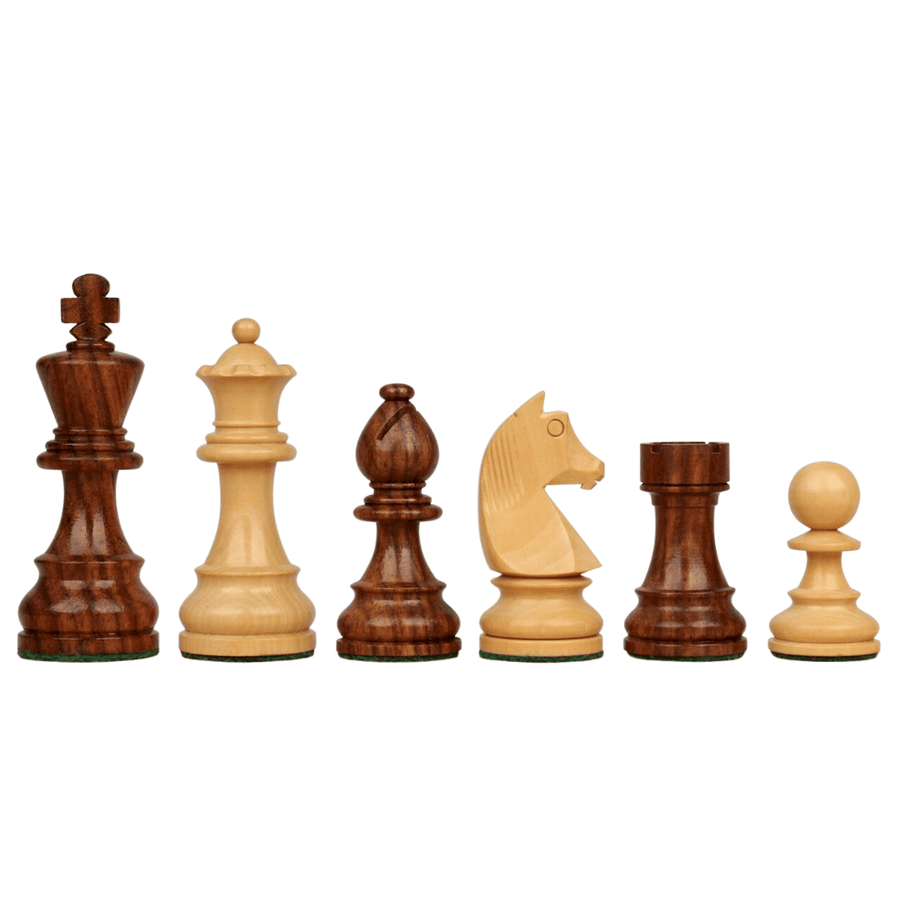
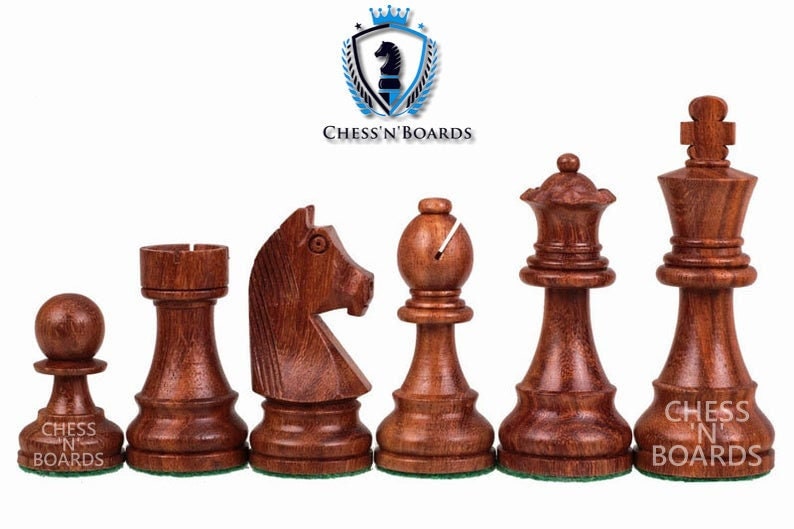
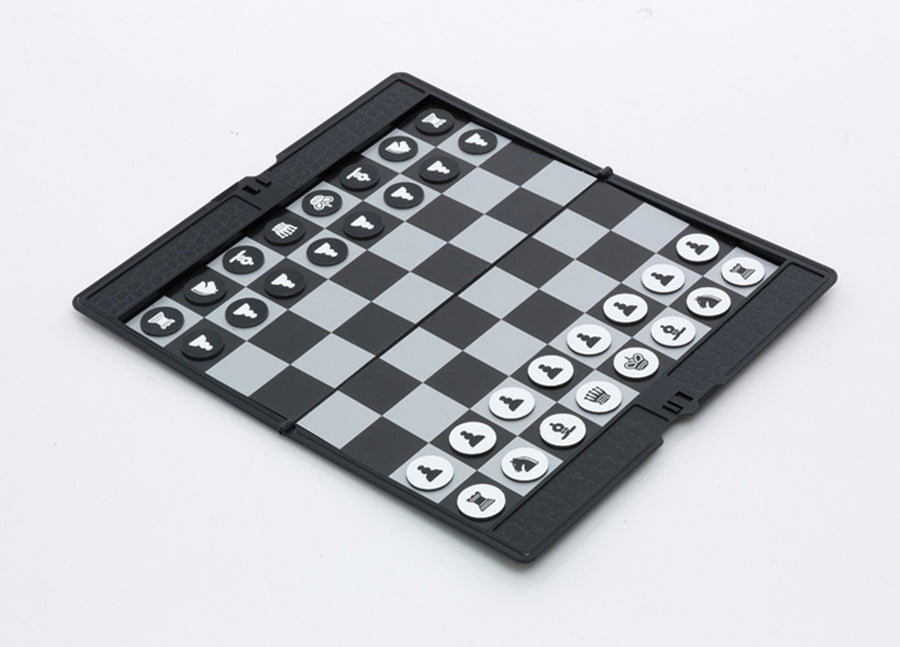
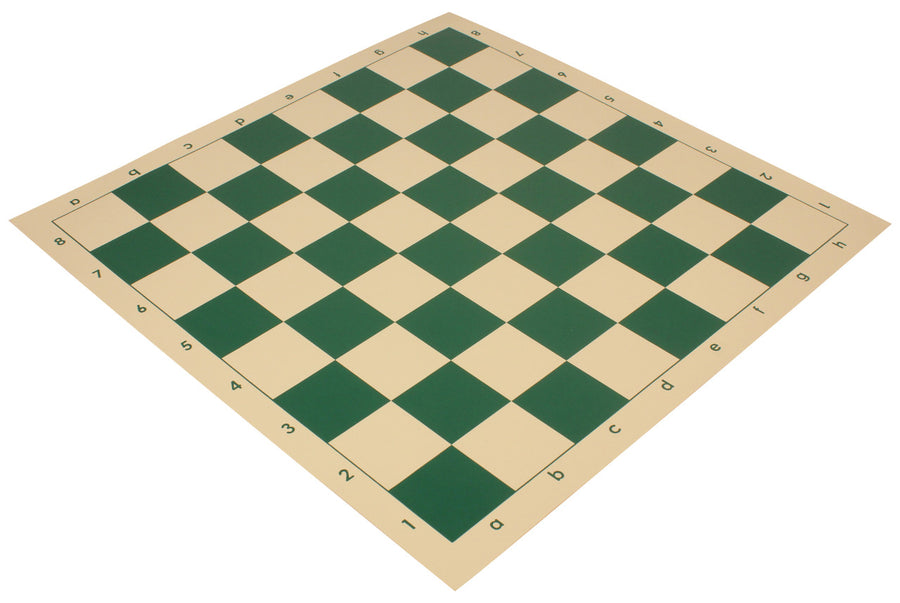
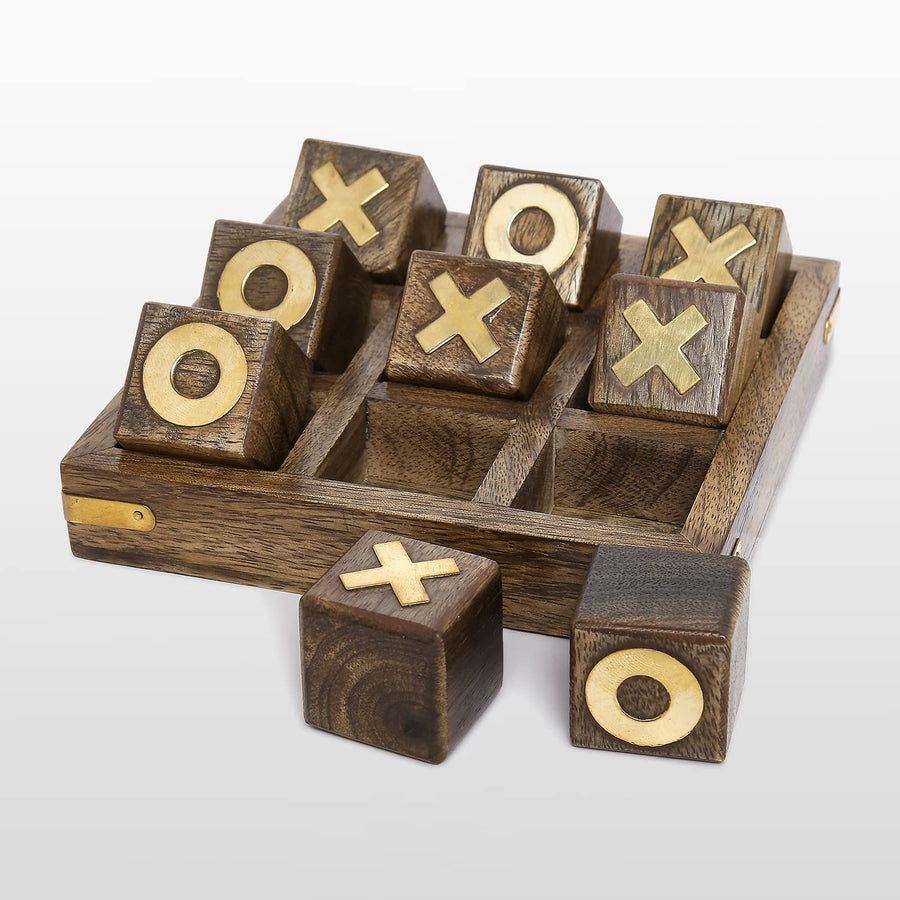
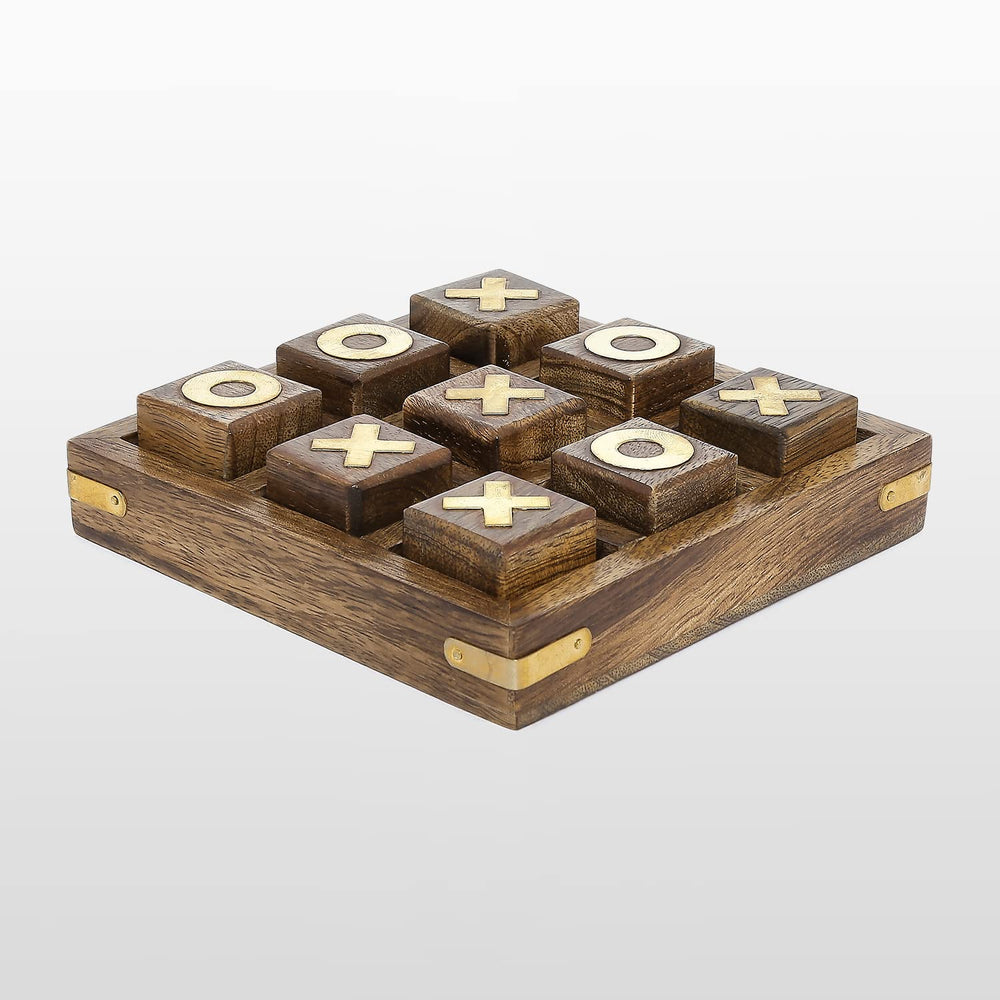
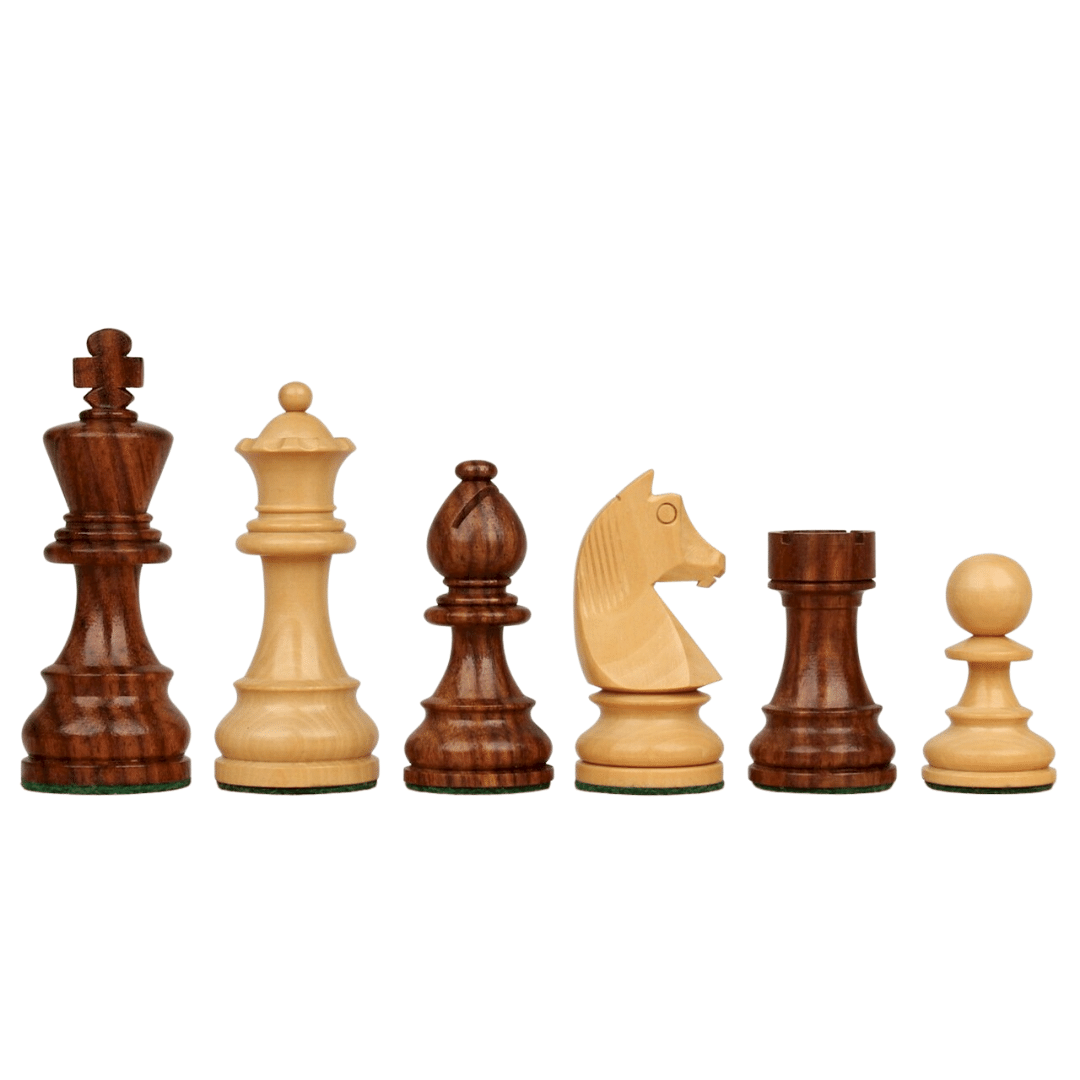
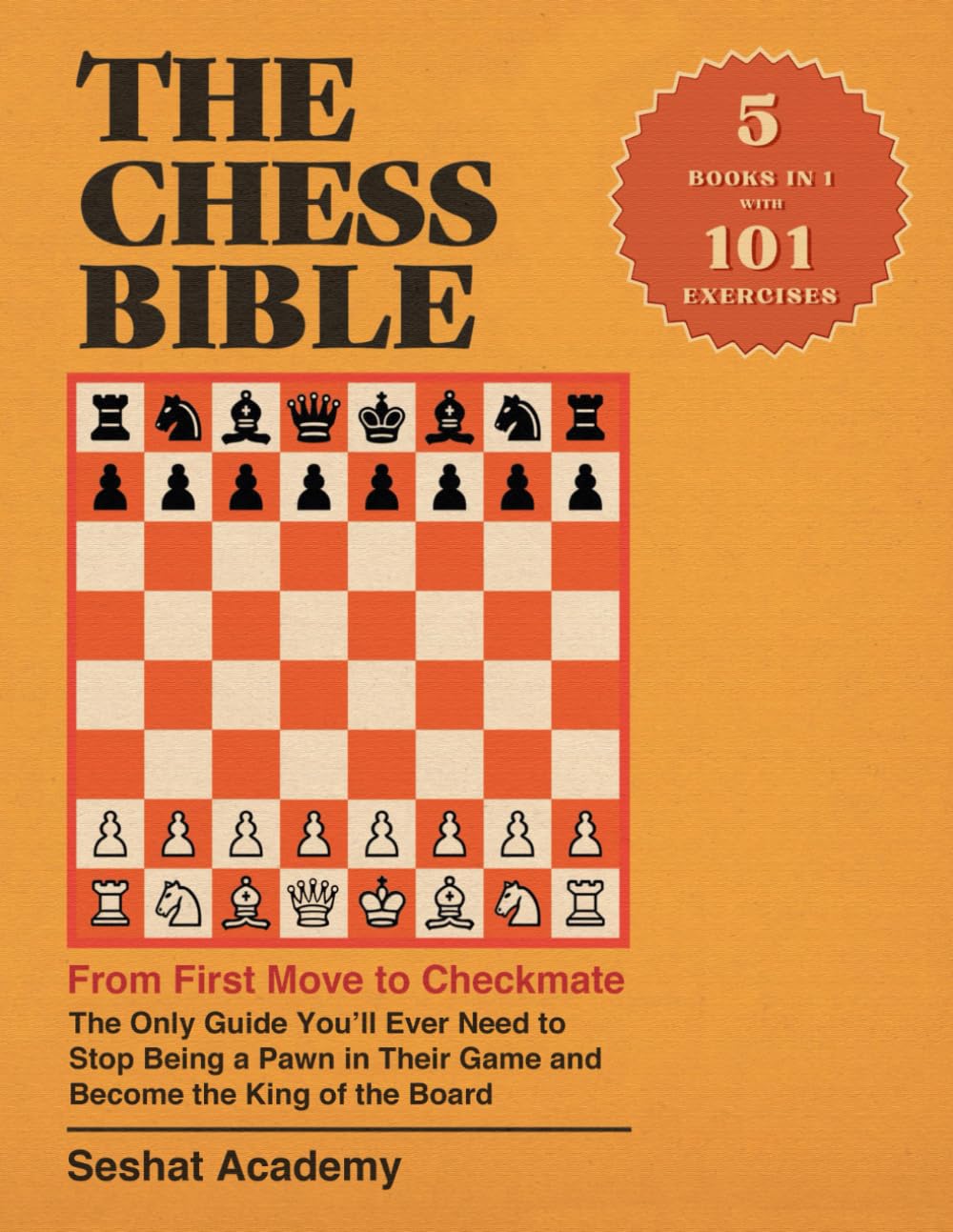
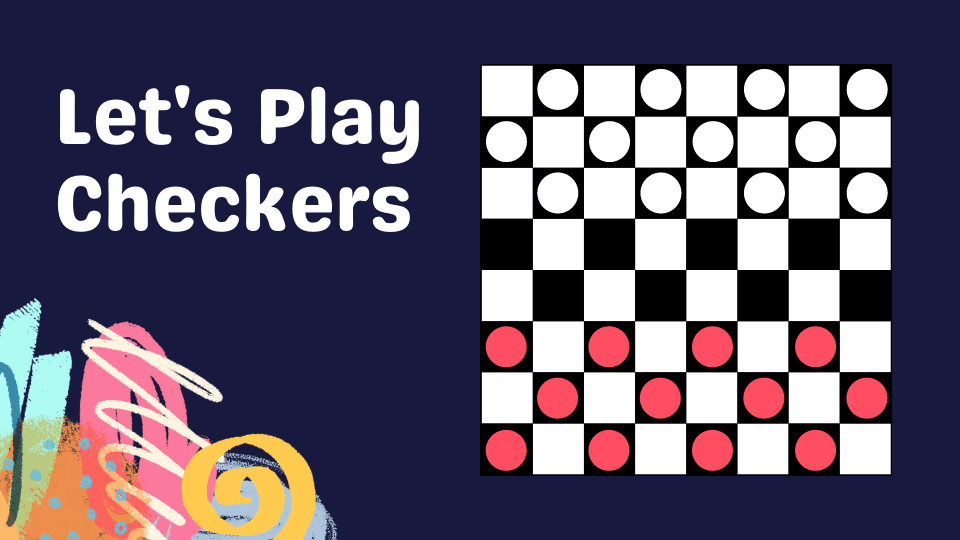
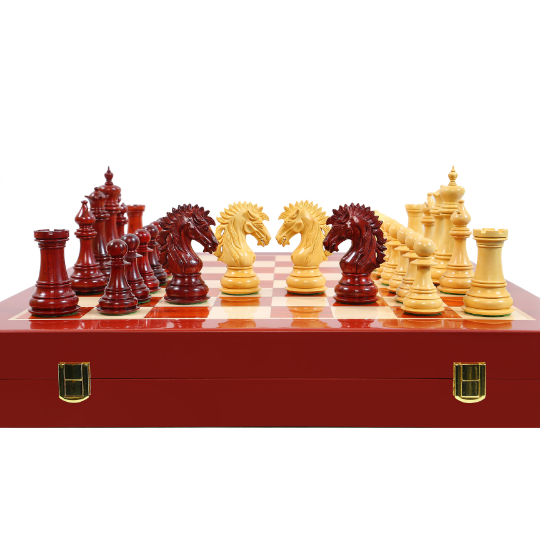
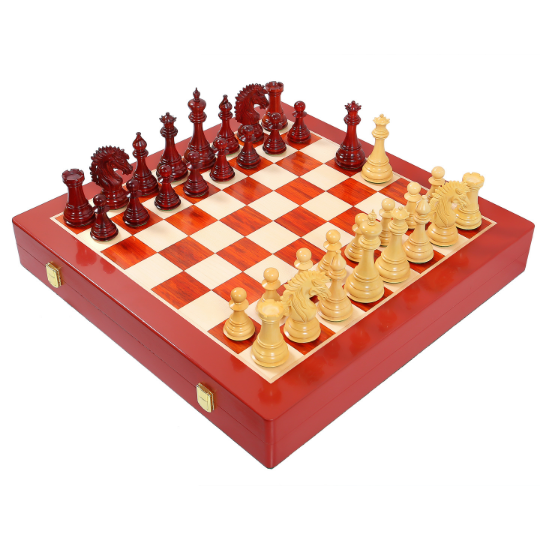
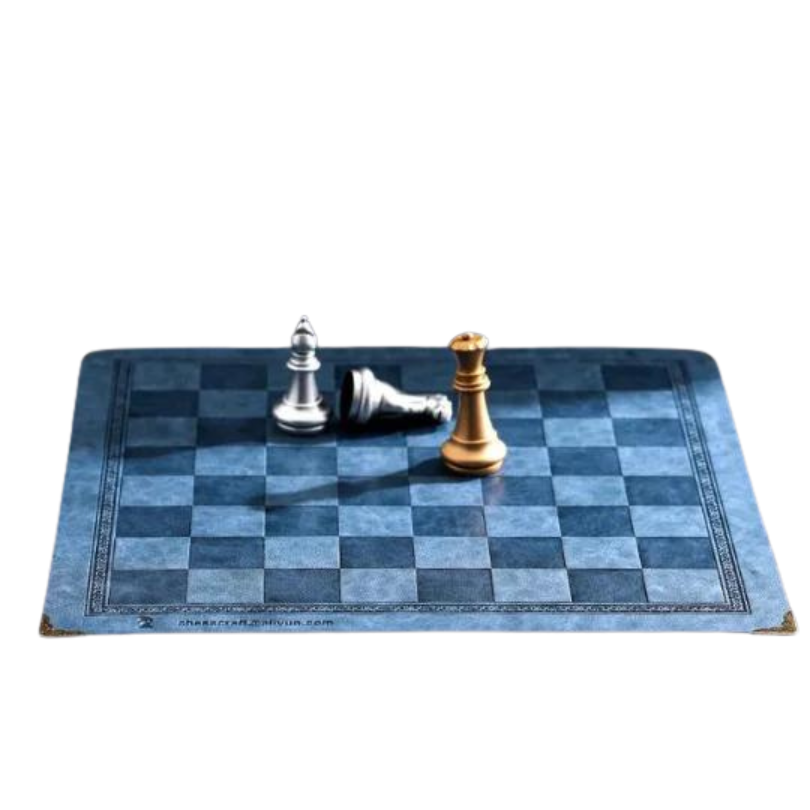

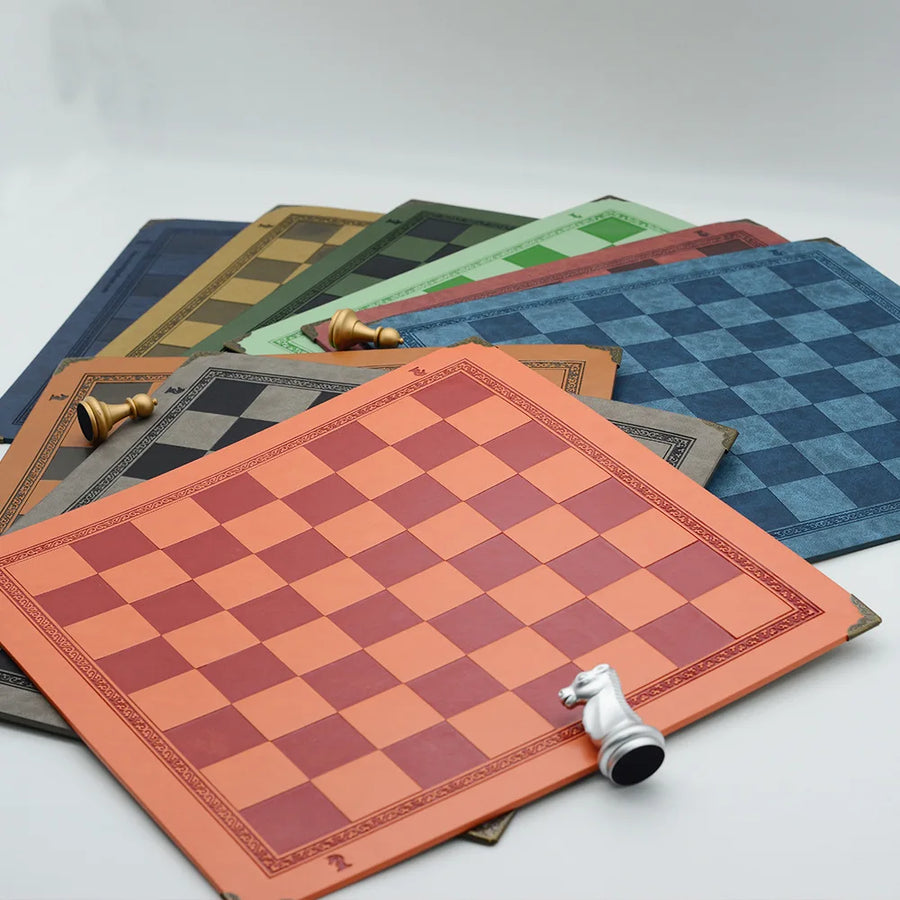
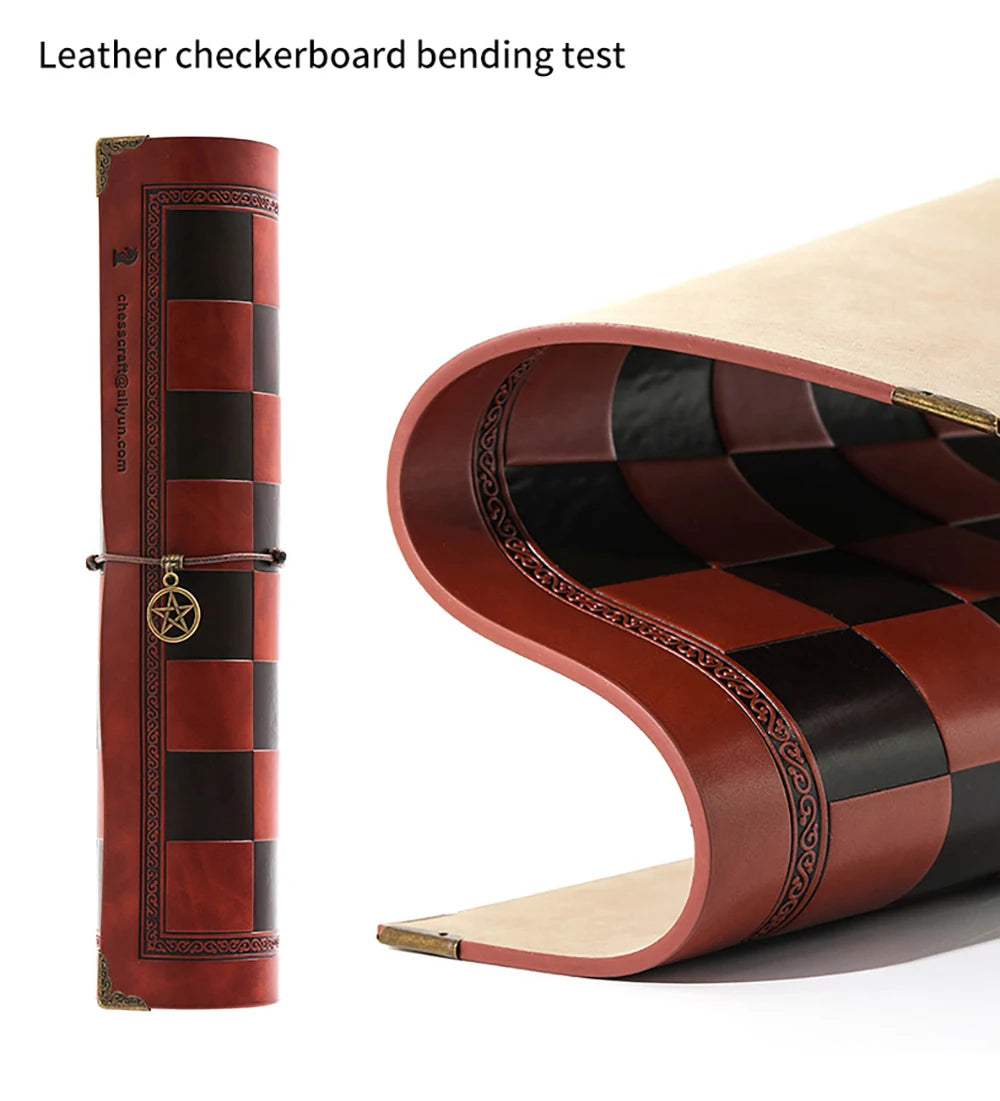
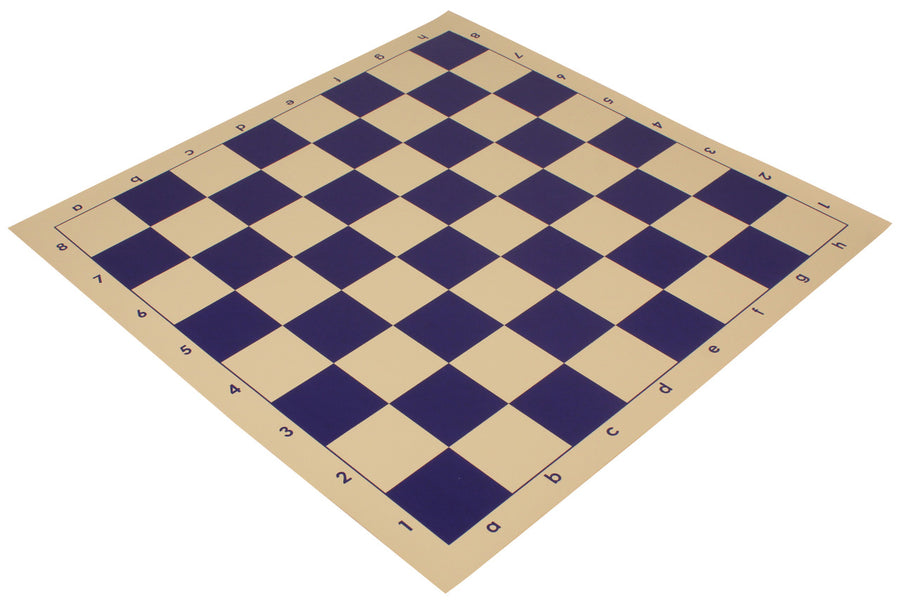
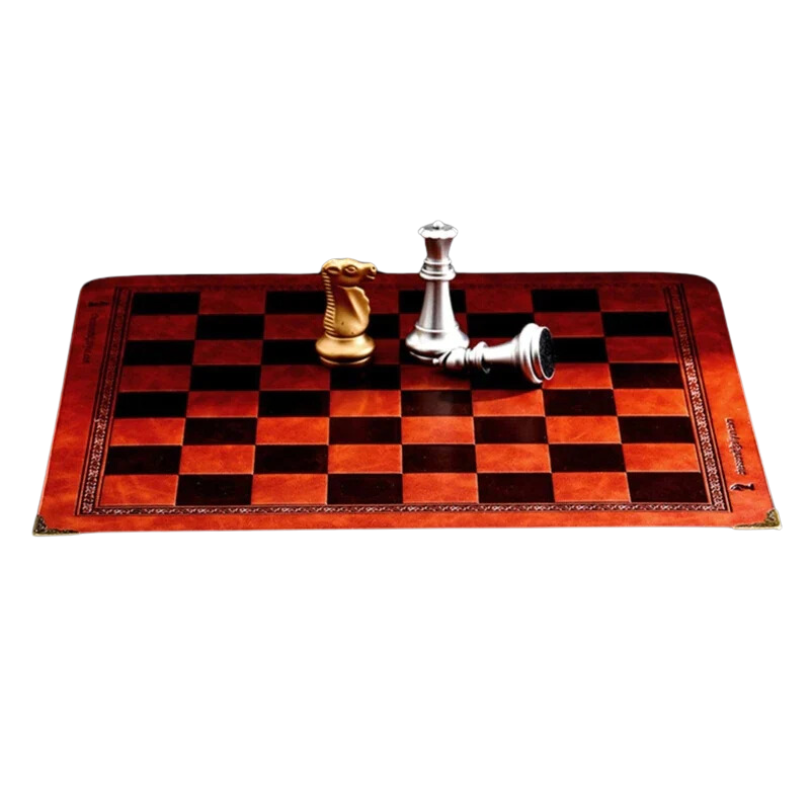

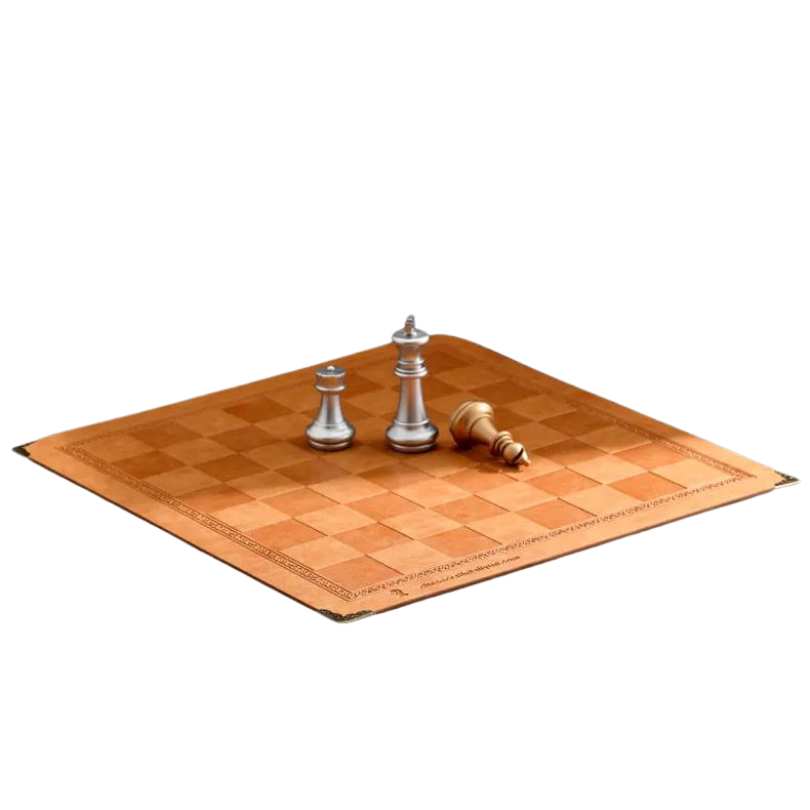

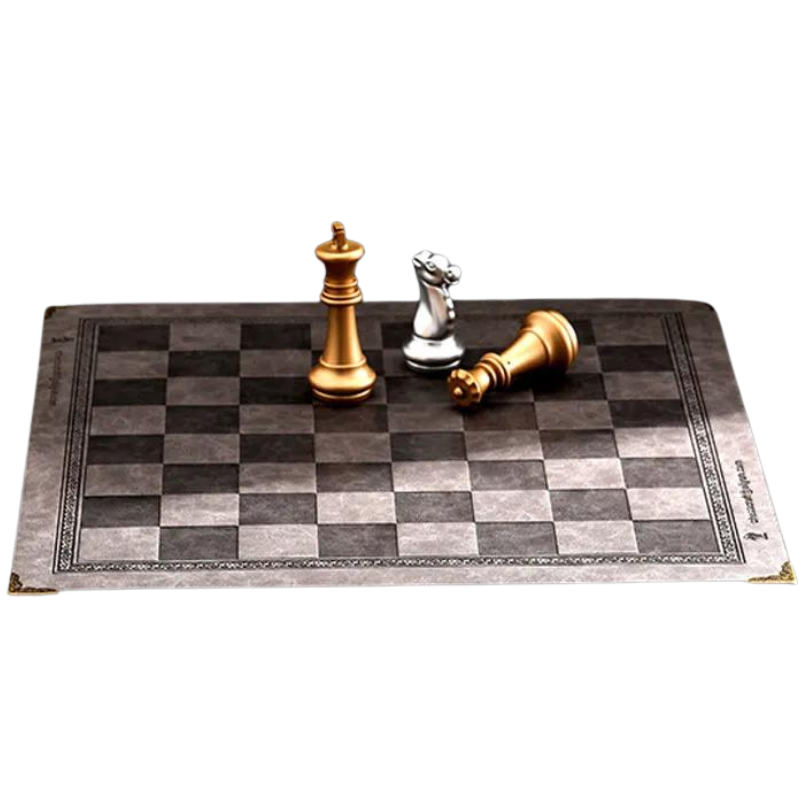









Leave a comment